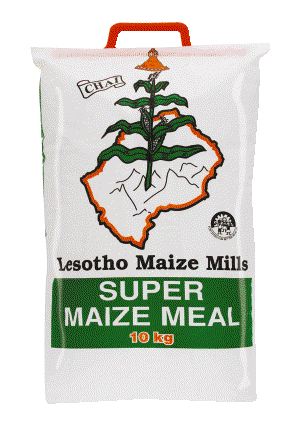Maseru, Mar. 31 — In only about a month since its increase in maize meal (April 08), Basotho will yet again have to go deeper into their pockets to purchase maize meal on May 06.
This is according to Lesotho Flour Mills statement that from the said date, all maize products will go up by 15 percent (15%).
Earlier it had stated that in March the decision follows a significant increase in Safex maize prices saying that while white maize traded between M3 700 and M3 900 per metric ton in January, recent levels have shot up to as high as M5 300.
Again it noted that the spike follows high temperatures and low rainfall experienced during February and March 2024. It adds that major maize production crop failures are experienced across Southern Africa which cause the surge in maize prices.
It adds that they were hopeful at the time that raw white maize prices would stabilize during April following rainfall late in the season saying unfortunately the rainfall was too late to impact the crop yields and prices surged further up to level of M5 500 per metric ton during the past week.
On the other hand, it indicates that Lesotho Flour Mills will strive to fulfil orders placed by April 06 however saying deliveries beyond this date cannot be guaranteed adding that back orders for post April 06th deliveries at current prices will be considered exceptionally provided they do not exceed one week’s worth of orders.
Earlier Minister in the Prime Minister’s Office Mr. Limpho Tau has made a statement in the National Assembly saying that due to drought experienced, less yield is expected in terms of maize.
According to the World Food Program (WFP) about 580, 000 people in Lesotho are food insecure and require humanitarian action to reduce food gaps, protect and restore livelihoods, and prevent acute malnutrition.
Lesotho is highly vulnerable to the impacts of the climate crisis, with El-Nino induced droughts already devastating harvest yields and causing significant loss of livestock. The climate is predicted to become warmer and dryer, making droughts and floods more frequent and intense.
Only 10% of the country’s land is considered arable. Agriculture is predominantly rain-fed, making it vulnerable to droughts and extreme climate variability. Farming has been declining for years due to soil erosion, poor land-use practices and decreasing soil fertility.
Meanwhile on the political commitment: the government of Lesotho remains committed to the goals of its comprehensive national agriculture policy 2022-2026 to promote the sustainable commercialization and diversification of agriculture to ensure economic growth and improved livelihoods for all.

